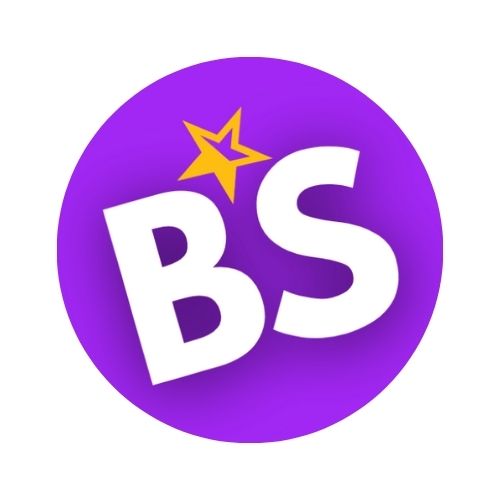
Ethics Policy
Any journalist or reporter and any employee of BIGGERSTARS WEEKLY must respect the rules of ethics and professional conduct as they appear in this charter.
The target of BIGGERSTARS WEEKLY is to provide comprehensive and verified information about celebrities in the world of showbiz. Without prejudice or complacency, her stories and articles seek to describe celebrity news.
Verification and fact-checking standards:
reporters have primary responsibility for reporting, writing, and fact-checking their stories. Stories are subject to review by Editor In Chief, it is he who collaborates with reporters on the origination of stories and typically provides review when a story is submitted by a reporter.
Correction Policy :
Mistakes happen. How we deal with errors in our articles is important to maintaining our integrity and the trust of readers and sources. When the website publishes an error, we will acknowledge it and take appropriate steps to correct it as quickly as possible, online and if necessary, on social media and other platforms.
Readers who wish to alert editors to a needed correction can email
Publisher@biggerstars.com or Contact@biggerstars.com .
Factual errors must be corrected — even if the subject of the error does not formally request a correction. We also correct factual errors made, for example, in an event listing, even if the relevant event has passed. When in doubt about whether a correction or clarification is needed, it is generally best to consult with your editor. Leaving anyone with the impression that we do not admit and rectify mistakes could cause readers to question our journalistic integrity.
Occasionally, an error may not be a misstated fact but a matter of nuance, context, or tone. Such mistakes may require clarifications, editor’s notes, or a statement from the editor in chief.
The information in a correction should be verified by the reporter, photographer, or editor who made the error. Source editors must fact-check the correction as well. All corrections must be brought to the attention of and approved by the editor in chief before being published.
If a request for a retraction or correction comes from an outside attorney or person threatening a legal response, the editor in chief and our legal counsel must be consulted before any response or decision is made about how to handle the complaint.
Generally, the website does not repeat the original error and does not editorialize about the cause or implication of the error in publishing a correction.
Correction procedure :
It is expected that online stories will be polished and expanded after their initial posting, and it is not necessary to flag every change for readers. But adding a correction or clarification may be appropriate if a new article has revealed a significant error.
If an online error was a significant one that could give the reader a false impression, factors such as the nature of the error and how long it has been posted should be considered before a correction is written.
When a significant error is discovered, the story should be corrected and reposted as soon as possible. The person making the change to the online story should first consult with and obtain the approval of the Editor In Chief. Once the change is approved, the story should be changed and a note appended to the revised story that briefly states the nature of the change.
If a significant error appears in the URL, editors should change the URL to reflect the truth.
In general, the note about what has been corrected/clarified in an online story should be appended to the end of the online version of the story. If an error is deemed egregious enough — for example, misleading, fabricated, unethical — then the correction may be placed at the top of the story. Egregious errors that indict the entire premise of an article may require deleting the entire article. In such cases, the content should be replaced with an editor’s note explaining why the article was removed. This decision must be approved by the Editor in Chief.
Social media :
If incorrect information is shared on a news alert or on social networks, we should notify readers using the same platform and provide the accurate information. In many cases, it may be appropriate to delete the incorrect post. In such cases, a screenshot should be taken of the original post, which should be shared with clarifying information and explain that the post was deleted.